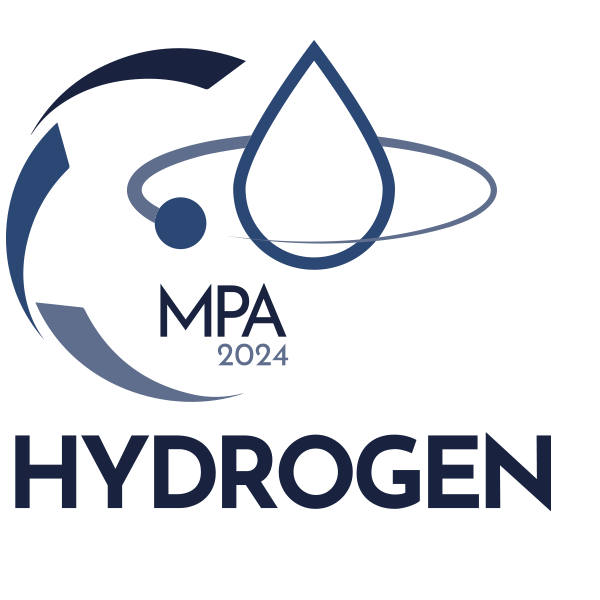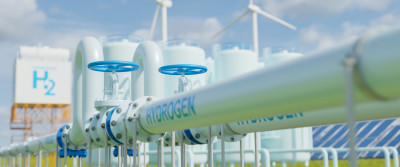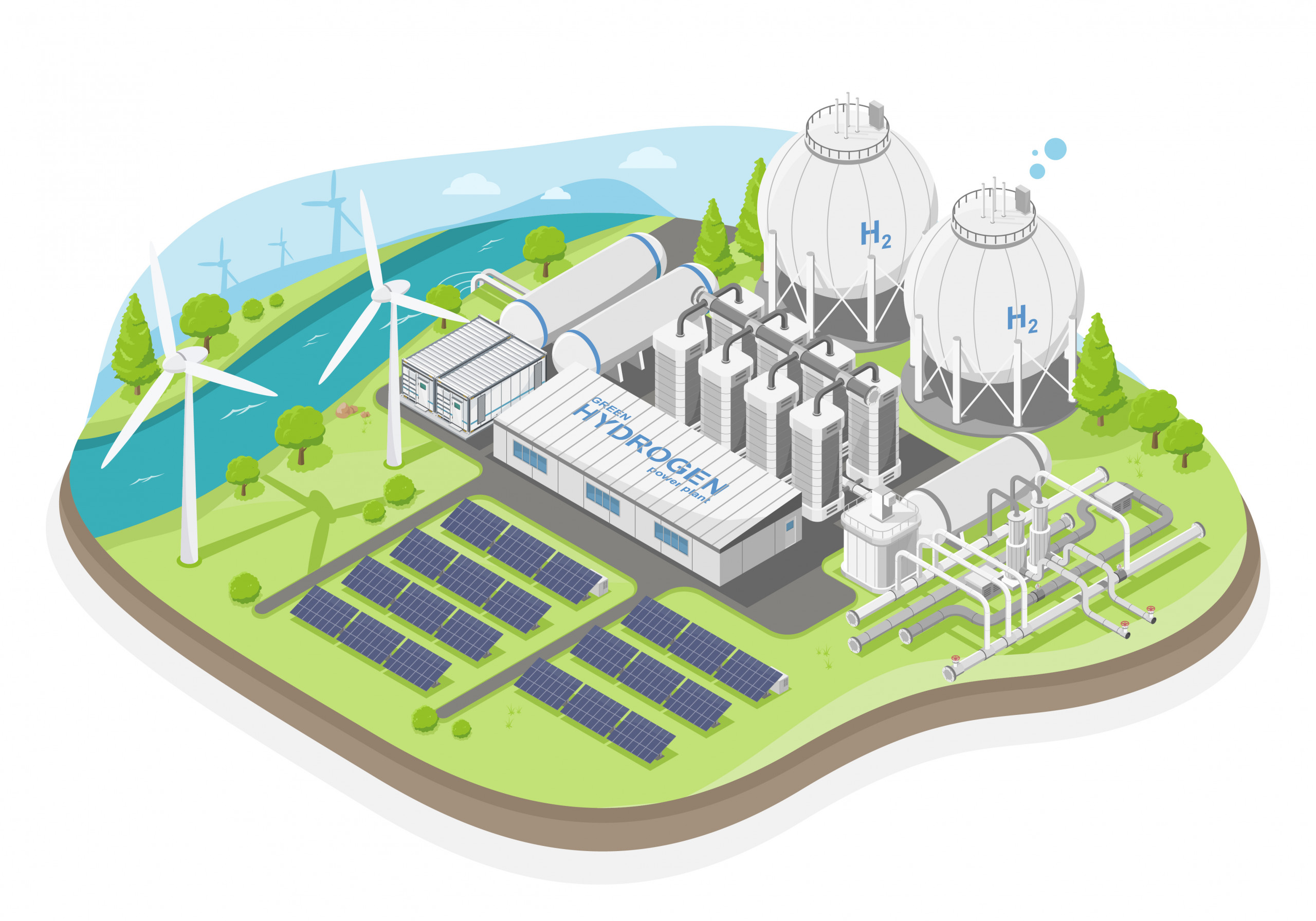Hydrogen for the energy revolution
Materials, Testing, Qualification

October 8th. 2024
Hydrogen for the energy revolution
In order to reduce carbon emissions, hydrogen is being considered for energy storage, transmission, and utilization for a broad range of industries. The decrease in ductility, toughness, and fatigue performance of metals due to absorbed hydrogen is commonly referred to as hydrogen embrittlement. Hydrogen embrittlement is a well-known problem in many industries, but the implementation of hydrogen in the broader energy sector presents new technological challenges. Transportation of hydrogen through existing natural gas pipelines, as well as power generation with hydrogen, such as in gas turbines, will expose components that have been in service for years to hydrogen for the first time. Usage of hydrogen to power fuel cell, combustion, and turbine engines, storage and transportation of hydrogen in pressure vessels, and implementation of hydrogen in manufacturing processes will expose many materials to hydrogen with unique operating conditions. Development of testing technology, including novel testing machines and methods, materials qualification standards, and design principles for these applications is also required.

In order to reduce carbon emissions, hydrogen is being considered for energy storage, transmission, and utilization for a broad range of industries. The decrease in ductility, toughness, and fatigue performance of metals due to absorbed hydrogen is commonly referred to as hydrogen embrittlement. Hydrogen embrittlement is a well-known problem in many industries, but the implementation of hydrogen in the broader energy sector presents new technological challenges. Transportation of hydrogen through existing natural gas pipelines, as well as power generation with hydrogen, such as in gas turbines, will expose components that have been in service for years to hydrogen for the first time. Usage of hydrogen to power fuel cell, combustion, and turbine engines, storage and transportation of hydrogen in pressure vessels, and implementation of hydrogen in manufacturing processes will expose many materials to hydrogen with unique operating conditions. Development of testing technology, including novel testing machines and methods, materials qualification standards, and design principles for these applications is also required.


The goal of the Hydrogen for the Energy Revolution seminar is to showcase recent research results regarding hydrogen effects on materials, as well as to provide an opportunity for discussion on material challenges for hydrogen technologies. Researchers and engineers, in particular those in the early career stage, are encouraged to submit abstracts in all areas concerning materials, testing, and qualification for hydrogen service, including:
Contact us
You have further questions or want to propose a topic?
Give our experts a call!




